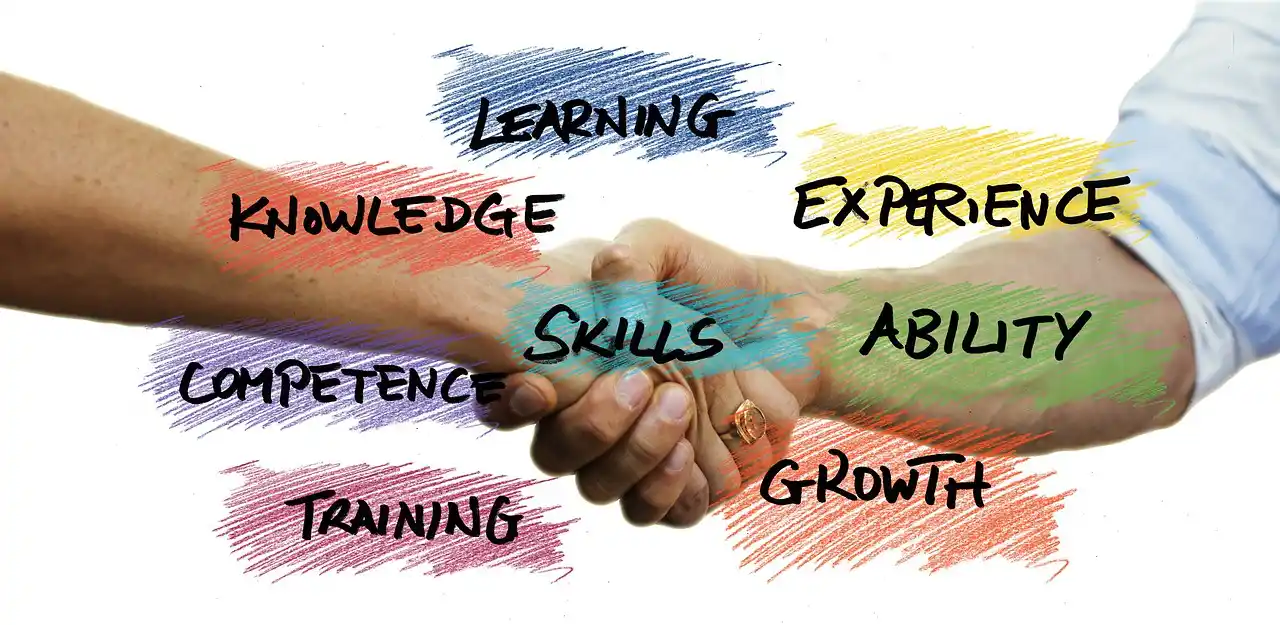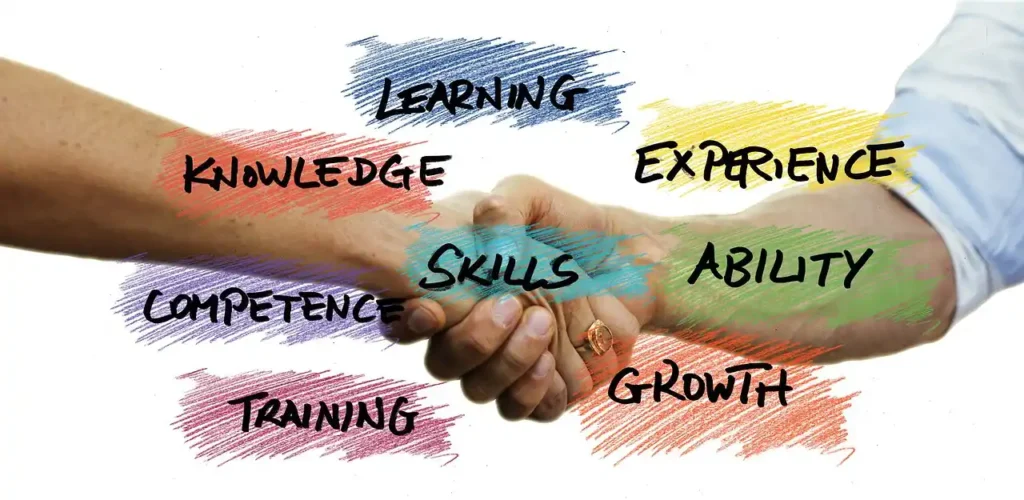People Skills And Relations: What Do Employers Need To Know

It’s no secret that the best employers are always on the lookout for new talent.
But what many people don’t know is that strong people skills and good relations are just as important as technical skills when it comes to finding the right employees. In this blog post, we will discuss what employers need to know about people skills and relations. We’ll also provide some tips on how to improve these skills in your workforce.

So, whether you’re a small business owner or a large corporation, read on to learn more about the importance of people skills and relations in the workplace.
How Does The HR Department Hire?
The human resources department is usually in charge of hiring new employees. They are responsible for finding the right candidates for open positions. To do this, they use a variety of methods, such as a Digital HR platform, interviews, background checks, and reference checks. However, one of the most important methods they use is called a “people skills assessment.”
This assessment is designed to test a person’s ability to communicate, work in a team, and solve problems. It is an important tool that can help employers find the right employees for their company.
What Are People’s Skills And Relations?
People skills are the abilities that allow people to interact with others effectively. These skills include communication, teamwork, and problem-solving. Good people skills are essential for any job, but they are especially important in customer-facing roles.
Relationships are the connections that people have with others. These relationships can be positive or negative, depending on how they are managed. Good relations are essential for any business because they can help build trust and loyalty among employees, customers, and vendors.
Interpersonal skills are the ability to effectively communicate with others. This includes both verbal and nonverbal communication. Verbal communication involves speaking to others, while nonverbal communication includes body language and facial expressions.
Conflict resolution skills
Conflict resolution skills are the ability to resolve disagreements between two or more people. This can involve mediation, negotiation, and/or compromise. For example, if two employees are arguing over a project, a manager with strong conflict resolution skills will be able to help them come to an agreement.
Teamwork skills
Teamwork skills are the ability to work well with others in a group setting. This includes being able to cooperate, collaborate, and communicate effectively. For example, if you’re working on a team project, teamwork skills are essential for ensuring that the project is completed successfully.
Customer service skills
Customer service skills are the ability to provide excellent service to customers. This includes being polite, helpful, and knowledgeable about the product or service you’re providing. For example, if you work in a retail store, customer service skills are essential for providing a positive shopping experience for customers.
Empathy
Empathy is the ability to understand and share another person’s feelings. This is an important skill for employers because it allows you to see things from your employees’ perspectives and understand their needs. For example, if an employee is having a bad day, empathy can help you understand why and how you can help.
Active listening
Active listening is the ability to listen attentively and respond accordingly. This means that you not only hear what the other person is saying, but you also understand and remember it. For example, if an employee is telling you about a problem they’re having, active listening will help you provide a solution.
Flexibility
Flexibility is the ability to adapt to change. This is an important skill both for employers and employees because the workplace is constantly changing. For example, if a new project comes in and you need to rearrange your team, flexibility will be essential.
Leadership skills
The ability to inspire and motivate others is referred to as leadership skills. This includes setting goals, providing direction, and delegating tasks. For example, if you’re a manager, leadership skills are essential for ensuring that your team is productive and successful.
Why Are People Skills And Relations Important?
People skills and relations are important because they can help businesses in a number of
ways. For example, good people skills can help to:
-Improve communication within the workplace
-Increase teamwork and collaboration
-Solve problems more effectively
-Build trust and loyalty among employees, customers, and vendors
-Enhance customer service
-Increase sales and revenue
Good relations can also help businesses to:
-Avoid conflict
-Build a positive reputation
-Create a positive work environment
-Attract and retain employees
What You Shouldn’t Forget
One of the most important things to remember about people skills and relations is that they are two sides of the same coin. You can’t have one without the other. Good relations are built on trust, mutual respect, and effective communication. People skills, on the other hand, encompass a wide range of abilities, from interpersonal skills to emotional intelligence.
While technical skills are important, they are not the only thing that employers should be looking for in their employees. In fact, people skills and relations are becoming increasingly important in today’s workforce. With the rise of social media and other forms of online communication, it’s more important than ever for employees to be able to effectively communicate with others.
There are a few key things that employers should keep in mind when it comes to people skills and relations. First, remember that these skills are not static; they can always be improved. Second, don’t underestimate the importance of training and development when it comes to building strong people skills and relations. Finally, always be on the lookout for opportunities to improve your own people skills and relations. By following these tips, you’ll be well on your way to creating a strong workforce that is able to effectively communicate and build relationships with others.
Employers should be aware of people skills and relationships because they can benefit businesses in a variety of ways. Good people skills can improve communication, teamwork and collaboration, problem-solving effectiveness, trust and loyalty, and customer service. People skills include a wide range of abilities, including interpersonal skills and emotional intelligence.






